Flamingos are tall, elegant birds known for their bright pink feathers, long legs, and curved necks. They live in large groups and are often seen standing on one leg in shallow water. Flamingos are peaceful, eye-catching, and truly one of nature’s most graceful creatures.
Scientific Classification
-
Kingdom: Animalia
-
Phylum: Chordata
-
Class: Aves
-
Order: Phoenicopteriformes
-
Family: Phoenicopteridae
-
Genus: Phoenicopterus and others
Common Names
-
Flamingo
-
Pink Flamingo
-
“Standing Bird” (nickname in some local cultures)
-
In some African dialects, it is simply called “Pink water bird”
Flamingos are often linked to grace, balance, and beauty in stories and artwork.
Geographic Distribution
Flamingos are found on several continents, including:
-
Africa (especially East and Southern Africa)
-
South America and the Caribbean
-
Parts of Europe and Asia
They live near lakes, lagoons, swamps, and saltwater wetlands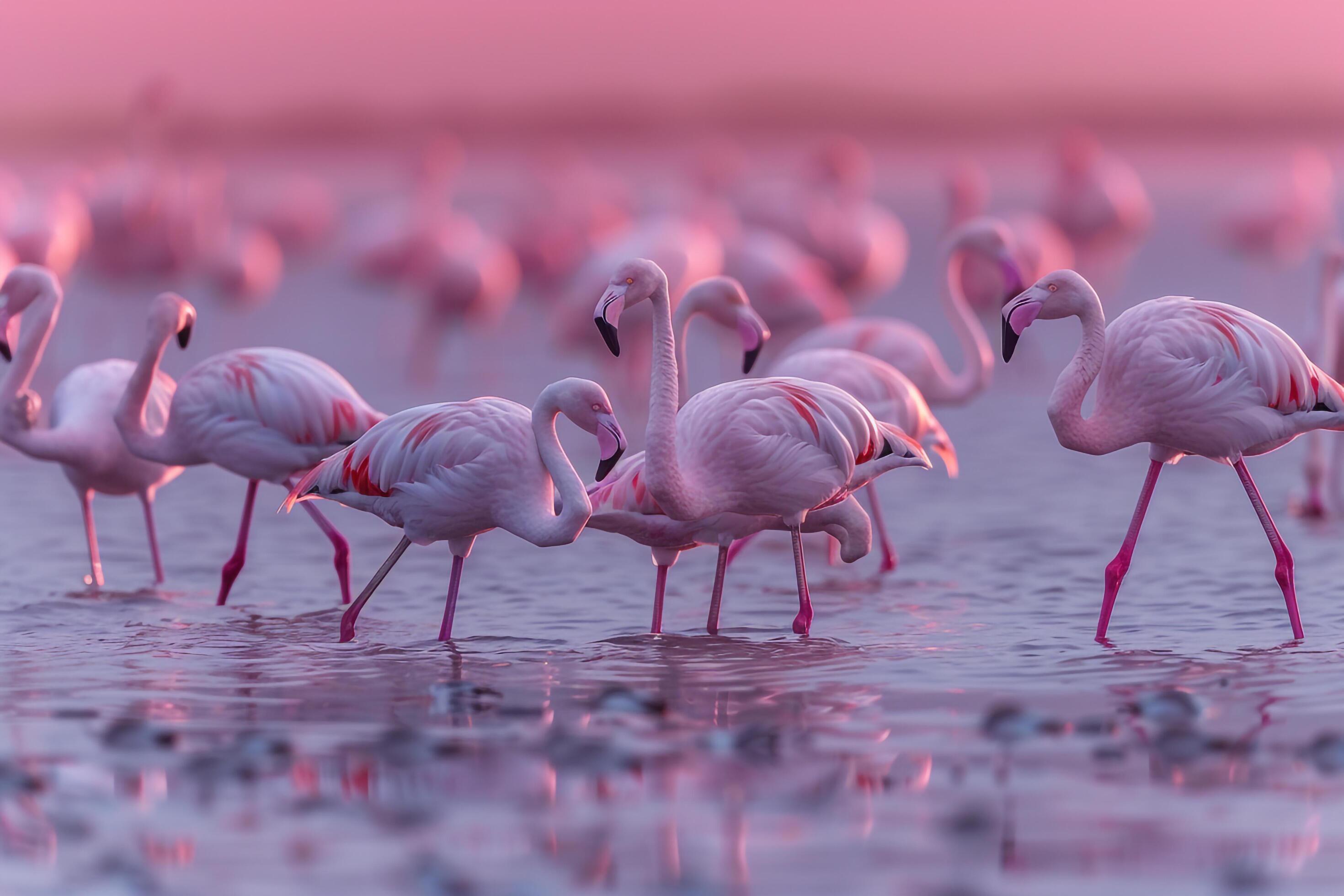
Image showing a group of flamingos wading in shallow water (Source: Vecteezy)
Physical Characteristics
Flamingos have a very unique and attractive appearance.
-
Pink feathers (from their diet of algae and shrimp)
-
Long, thin legs for wading in water
-
S-shaped neck that curves gracefully
-
Large, downturned beak used to filter food from water
-
Adults can stand up to 4–5 feet tall
They often stand on one leg to conserve body heat and rest.
Types of Flamingos
1. Greater Flamingo (Phoenicopterus roseus)
Image showing a Greater Flamingo standing on one leg in a lagoon (Source: Pixabay)
Key Facts:
-
Tallest flamingo species
-
Found in Africa, Europe, and Asia
-
Pale pink body with deeper pink wings
-
Lives in lakes and salt flats
2. Lesser Flamingo (Phoeniconaias minor)
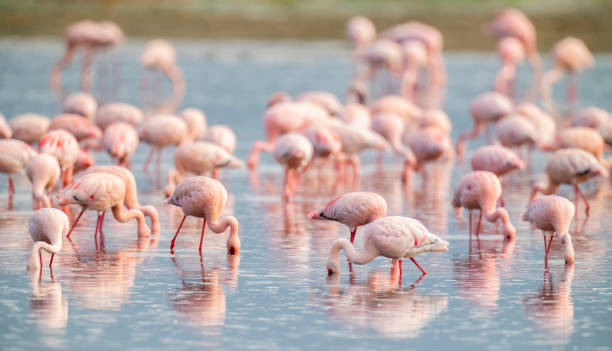
Image Showing a Lesser Flamingos feeding in a lake (source: istock)
Key Facts:
-
Smaller but brighter pink than Greater Flamingo
-
Found mostly in East and Southern Africa
-
Lives in salty, alkaline lakes
-
Often seen in very large groups
3. American Flamingo (Phoenicopterus ruber)

Image Showing a Bright red-pink American Flamingo in Caribbean water (Source: Animal Fact Guide)
Key Facts:
-
Native to the Caribbean and South America
-
Brightest in color due to diet
-
Common in flamingo parks and zoos
-
Similar in size to Greater Flamingo
What do flamingos eat?
Flamingos feed by dipping their beaks upside down into water and filtering small food items.
Their diet includes:
-
Tiny shrimp and crustaceans
-
Algae and microscopic plants
-
Brine flies and larvae
The pigments (carotenoids) in their food turn their feathers pink, flamingos are not born pink.
Fun facts
-
Flamingos can sleep while standing on one leg.
-
A group of flamingos is called a “flamboyance.”
-
Their knees bend backward because what looks like their knee is actually their ankle!
-
Flamingos make honking and growling sounds to communicate.
-
Flamingos are born gray or white, and turn pink with age and diet.
Importance to Humans
Positives:
-
Attract tourists and nature lovers
-
Keep water ecosystems healthy by eating excess algae
-
Featured in cultural art, logos, and decorations
-
Used in scientific studies about wetlands and bird behavior
Negatives:
-
Sometimes kept in poor conditions for show
-
Wetland destruction affects both flamingos and local water supply
-
Can spread disease if large populations gather near human areas without proper management
Health & common issues
In captivity or in polluted areas, flamingos can face health problems.
Common health problems include the following:
-
Poor feather color if not fed a proper diet
-
Foot infections from dirty water
-
Wing injuries or feather damage
-
Stress from overcrowding or loud environments
Care Tips (for zoos or conservation):
-
Clean water and proper diet
-
Enough space to walk and wade
-
Enrichment to mimic natural behavior
-
Regular health checks and foot care
Conservation Status
Most flamingo species are currently not endangered, but they still face risks:
-
Wetland destruction from farming or building
-
Water pollution from waste or chemicals
-
Disturbance from tourists and boats
-
Climate change affecting water levels
The Lesser Flamingo is classified as Near Threatened due to shrinking habitats in Africa.
Conservation actions include:
-
Creating protected areas and sanctuaries
-
Monitoring populations
-
Educating communities on wetland preservation
Flamingo vs Crane
| Feature | Flamingo | Crane |
|---|---|---|
| Color | Pink or reddish | Gray, white, or black |
| Neck Shape | Curved (S-shape) | Straight |
| Feeding Style | Filters food in water | Picks food from ground |
| Social Style | Large flocks (flamboyance) | Often in pairs or small groups |

Image showing a Flamingo flock at sunset, standing peacefully in shallow water (Source: StockCake)
Do you have questions about water birds or wetland wildlife? Contact Doctor Hulk Veterinary Hospital today @ 08143397614.




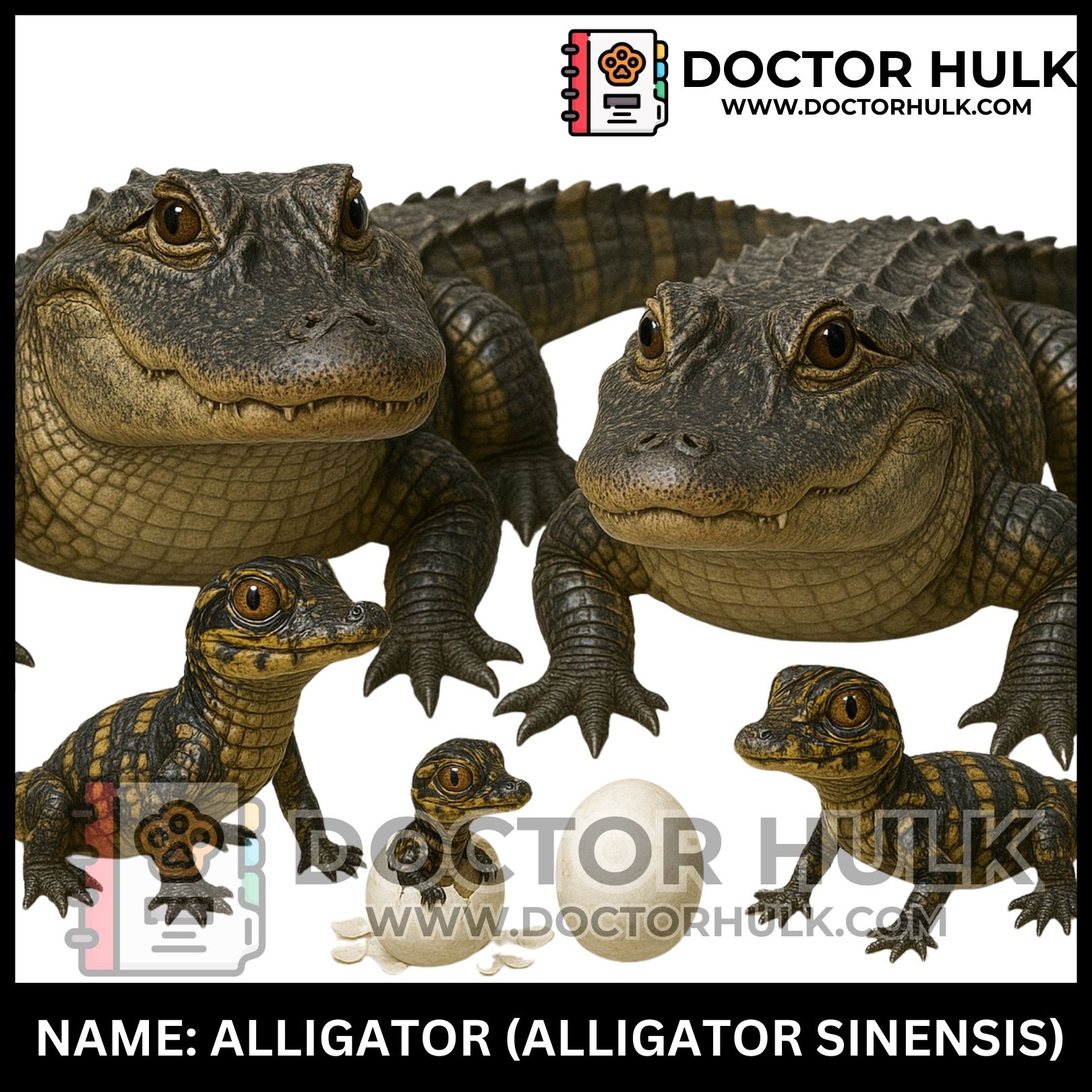
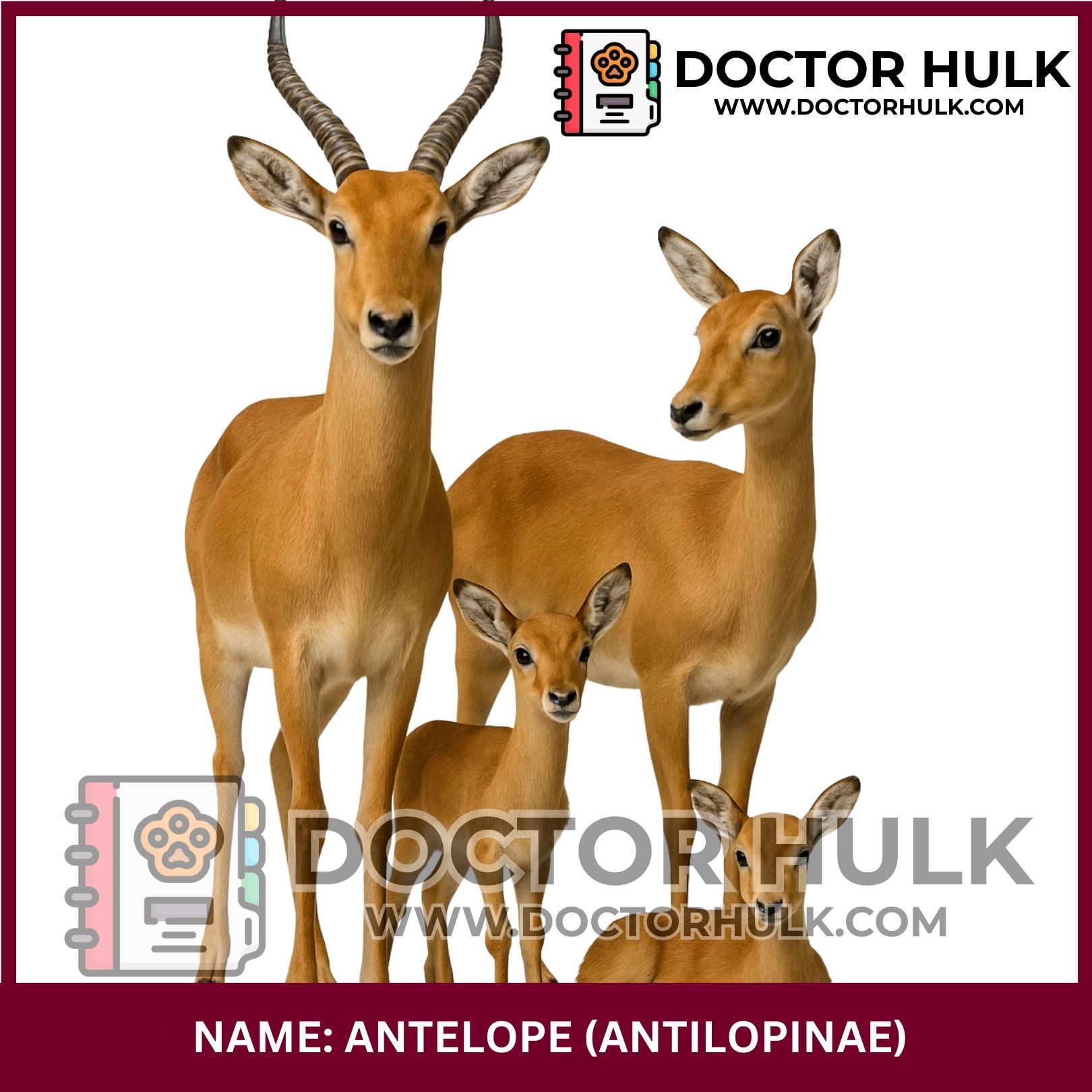
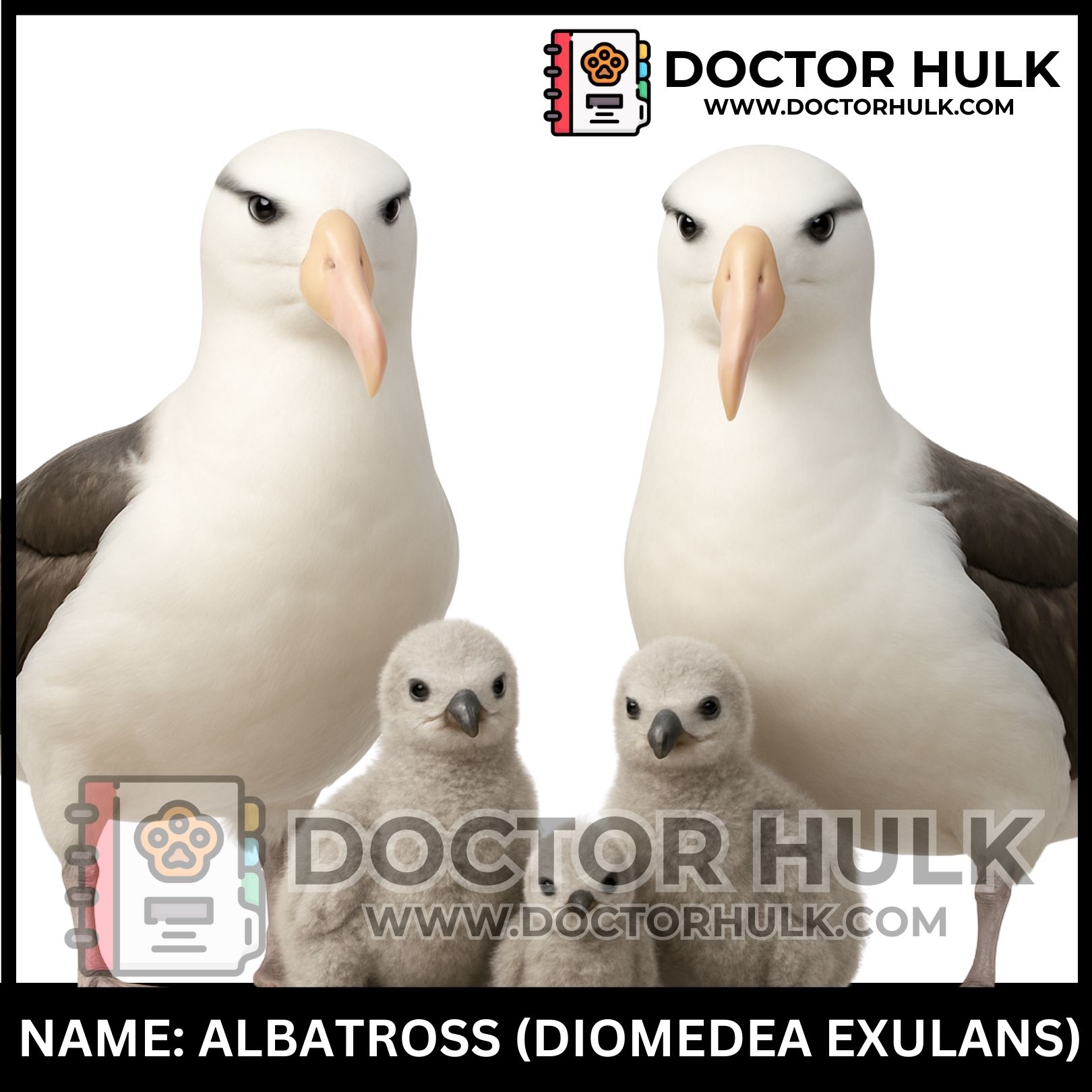
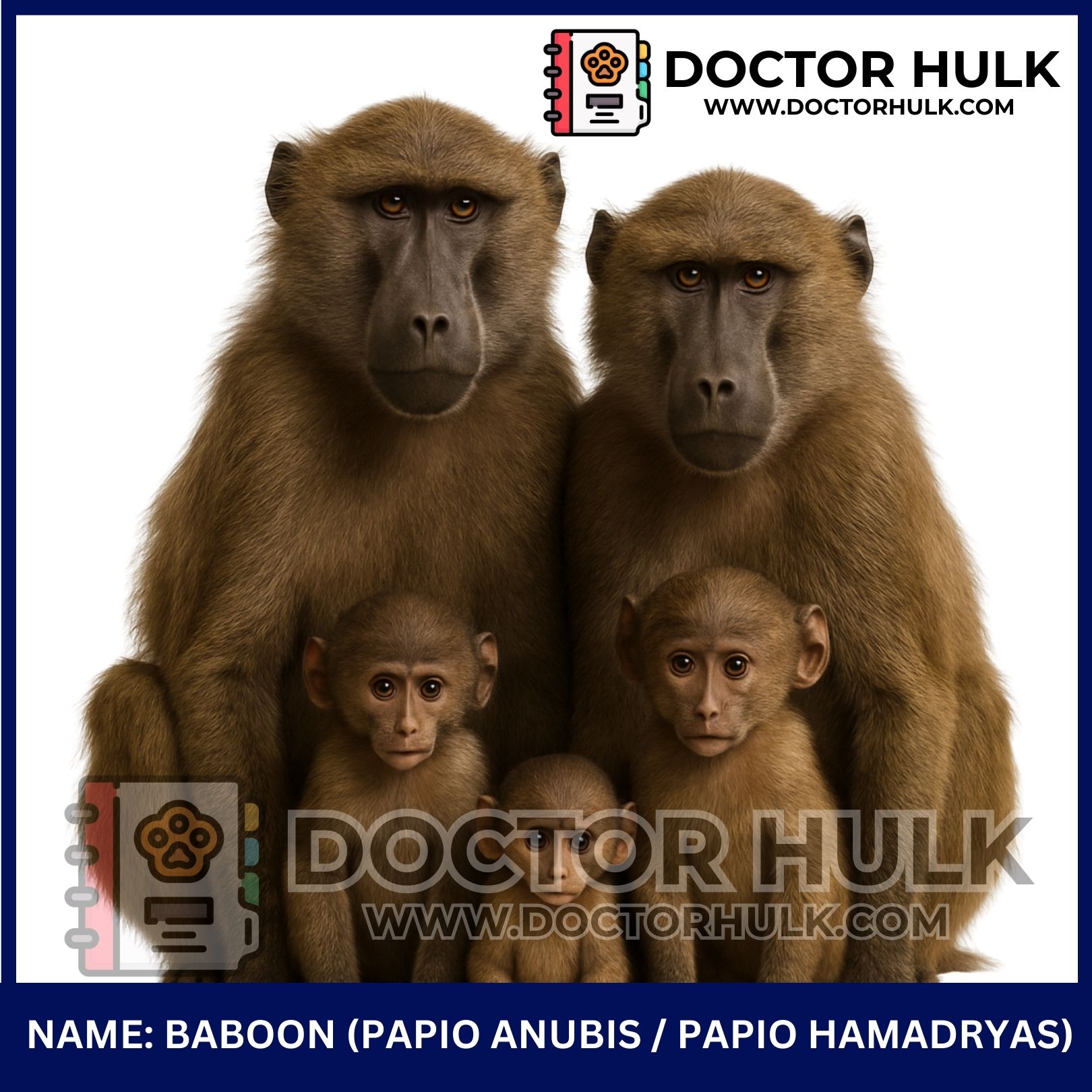
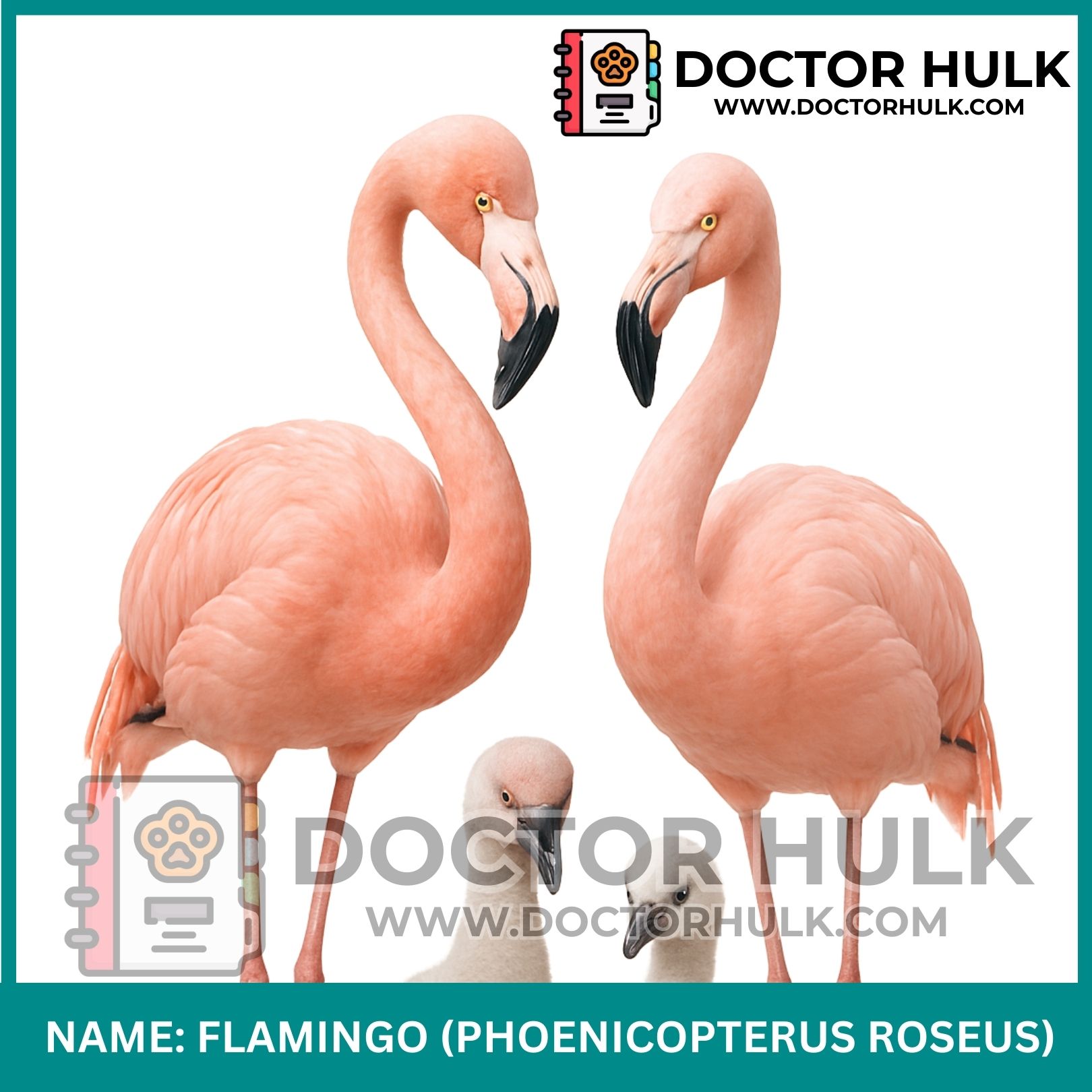
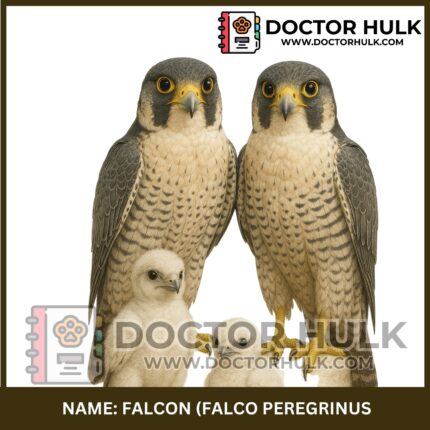
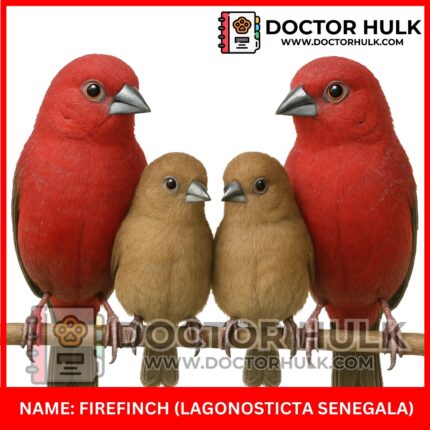


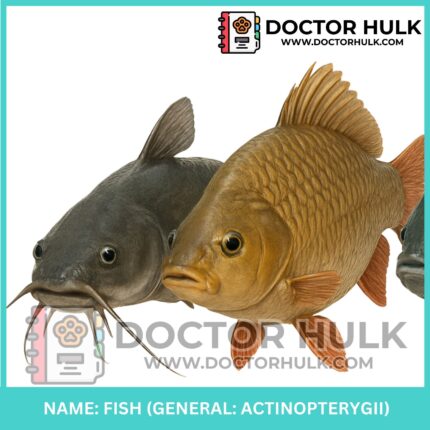
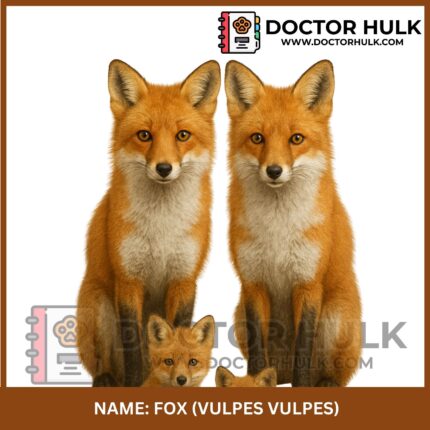
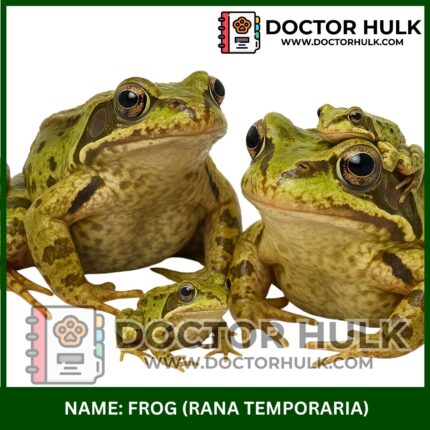

Reviews
There are no reviews yet.